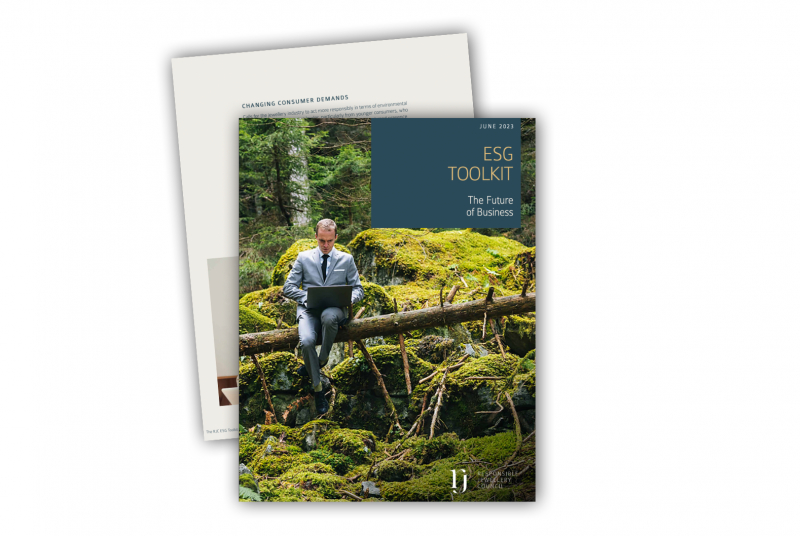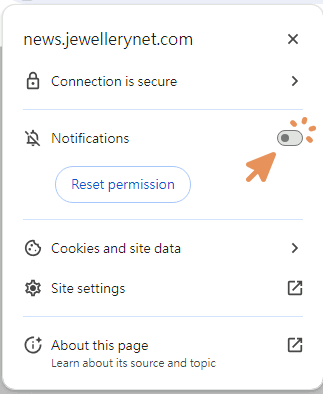Members of the Responsible Jewellery Council (RJC) now have at their disposal an environmental, social and governance (ESG) toolkit to aid them in strengthening their sustainability agenda.
A first for RJC, the toolkit explains prevailing ESG reporting frameworks and standards in the market in a bid to assist RJC members in making informed decisions based on their specific business requirements.
“The work presented in our RJC toolkit is the mapping of the COP (Code of Practices) against the relevant ESG frameworks and the SDGs (Sustainable Development Goals,” the council said. “RJC’s mission is to help companies create and implement sustainable and responsible business practices, right at the heart of their business strategies.”
RJC said all members will eventually have to report on their ESG impact, encompassing regulation, contractual requirements, sustainable procurement or consumer preferences.
Citing a McKinsey study, RJC said 20 to 30 per cent of global fine jewellery sales, or about US$110 billion, will be influenced by sustainability considerations, from environmental impact to ethical sourcing practices by 2025. This represents a three- to four-time increase versus 2019.
“To show consumers that they are credible and sincere about driving environmental and social progress, companies will need to improve traceability and transparency within their supply chains,” added RJC.
RJC’s ESG toolkit was launched on June 23 on the sidelines of the “State of the Art Jewelry” summit at Harvard University. The event was hosted by RJC, the Gemmological Institute of America and the Mineralogical and Geological Museum at Harvard University.
RJC has 1,700 members across the global watch and jewellery supply chain.






